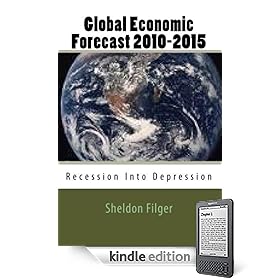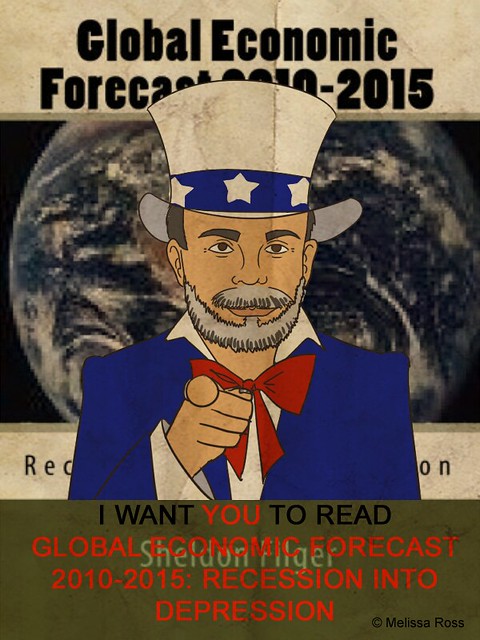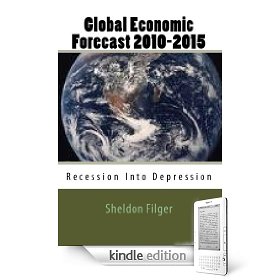Double Dip Recession Forecast For Eurozone
A growing consensus among economists is that the second wave of Covid-19 has induced a repeat of the lockdowns of economic activity that sent Q2 metrics into a tailspin. Though the lockdowns currently underway may not exactly match the draconian character of the earlier shutdowns, they are becoming increasingly severe as the coronavirus infection rate in many European countries threatens to overwhelm their medical systems.
Though several viable vaccines are on the horizon, it will likely not be until mid to late 2021 that they succeed in terminating the current pandemic. The current reality in terms of economic activity and Covid-19 makes it increasingly clear that the Eurozone, for the most part, will return to recession after the recovery in Q3. This means at least 2 consecutive quarters of negative growth from the Eurozone, in Q4 2020 and Q1 2021.
Inevitably, a double dip recession throughout the Eurozone will have a significant negative impact on the region’s primary trading and economic partners, notably China and the United States. In addition, the projected double dip recession will further strain sovereign balance sheets, already burdened with unprecedented levels of debt for addressing the recession that occurred in Q2. Adding trillions of euros in public debt, and trillions more, to the balance sheet of the European Central Bank, points to a growing sovereign debt crisis likely to impact just as the pandemic has receded.






